
Mileage is one of the most important factors when buying a classic car – for most, it’s a case of the lower, the better. But can mileage ever be too low? In light of some recent big-money sales of ‘delivery-mileage’ classics, we asked the experts whether such cars should be embraced, or avoided…

Why pay a premium for a low-mileage car?
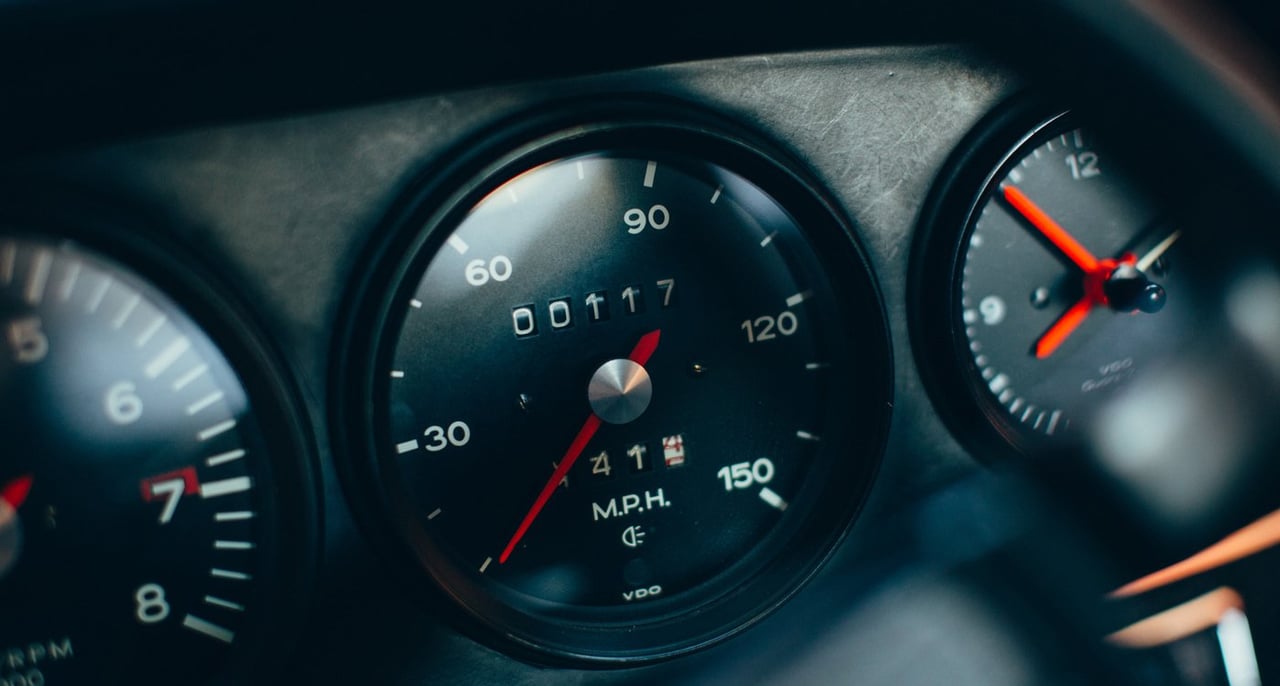
Those ‘in-the-know’ are often quick to write off an ultra-low-mileage car as a poisoned chalice; they (correctly) believe the lack of use over a prolonged period can result in various mechanical troubles – not something for which you’d want to pay a premium. But considering some recent high-profile auction results (and the numerous ‘factory fresh’ classics currently for sale in the Classic Driver Market), we thought further investigation was warranted.

Earlier this year, Silverstone Auctions sold a 1999 Ferrari 456 M with only 400 miles on the odometer for (an above-estimate) £118,125. In 2014, both RM and Bonhams achieved similar feats: $242,000 for a 95-mile Ferrari Testarossa, and £247,900 for a 221-mile Aston Martin V8 Vantage Zagato, respectively. Later this week, a 24-mile DeLorean – now that’s time travel for you – will go up for auction with a high estimate of £39,000, while a 116-mile Countach was sold privately last year for what we’re told was ‘a significant sum’. So, if they’re so troublesome, why are people still paying a premium for such cars?
Adding a less-travelled stallion to the stable
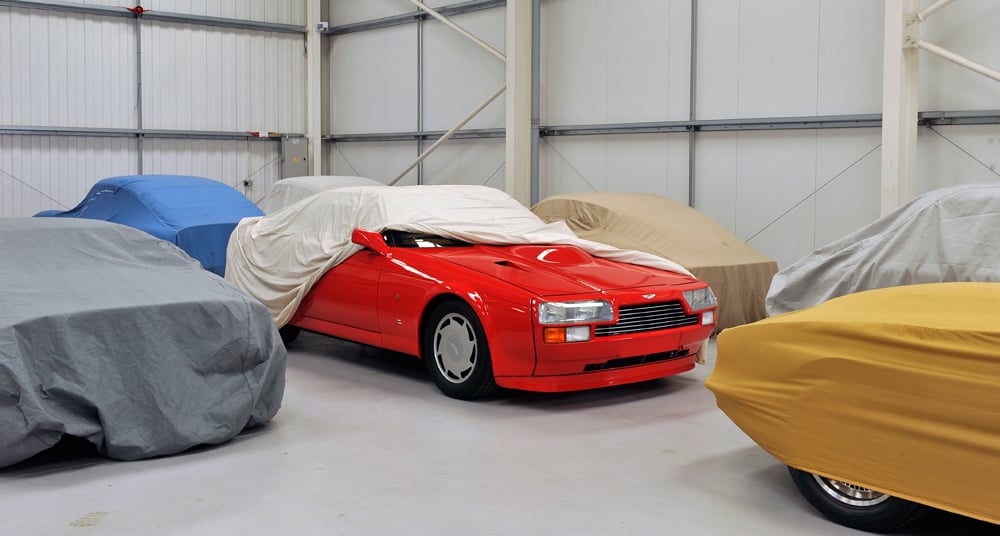

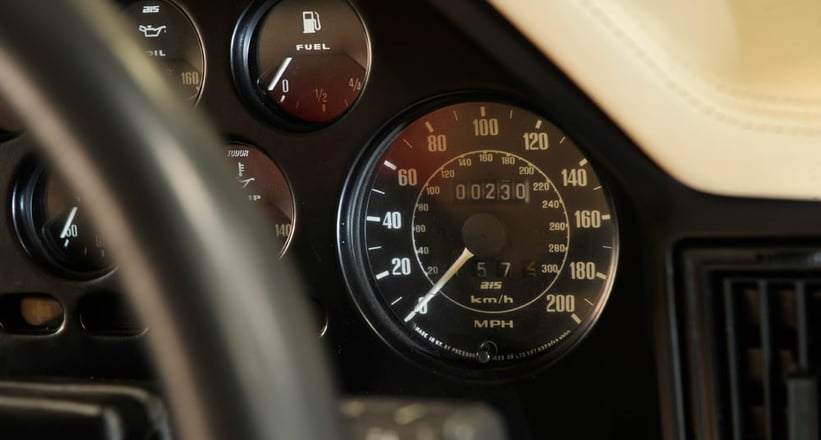
Bonhams’ James Knight, the auctioneer who presided over the sale of the V8 Zagato (and several other delivery-mileage cars during his career), agrees that classics should ideally be well exercised. “Cars are a bit like human beings: if you’re sitting in your armchair for too long, your limbs tighten up and you start to get aches and pains. With a motor car, it’s good to put the mechanicals through their paces once in a while.”
However, that’s not to say cars with minimal mileage shouldn’t command a premium. Much like original paintwork – a sought-after attribute in today’s market – there’s no reversing any changes, so the dwindling pool of cars with such qualities will always be in demand by certain sectors of the market. “If one was looking for their first collector-grade car, a car with such low mileage might inhibit them from using and enjoying the car on a regular basis,” says Knight. “However, for a connoisseur collector who has a stable of five, ten or even 20 cars, this would be the sort of car that would make for a worthwhile addition to the collection because of its low mileage, and the associated time-warp condition.”
Preservation for future generations
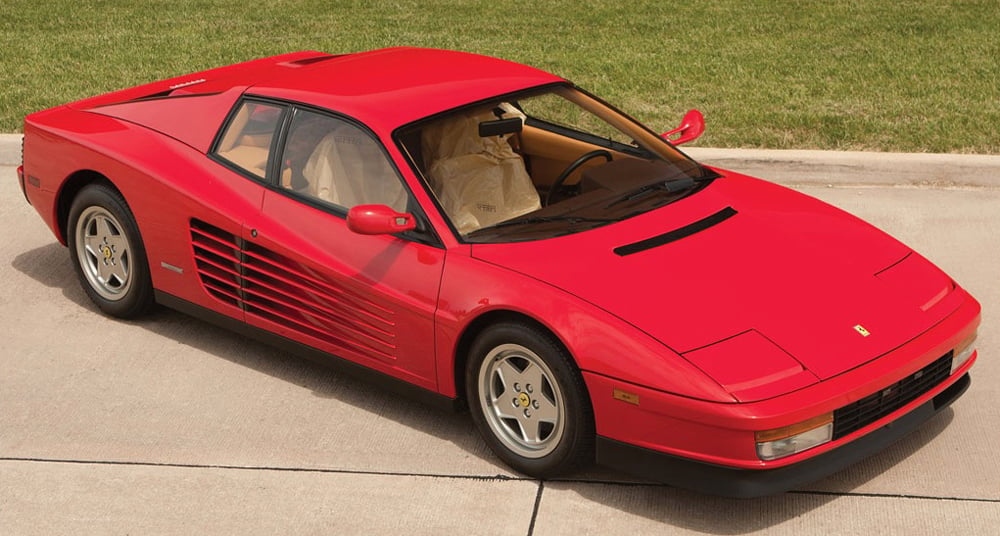
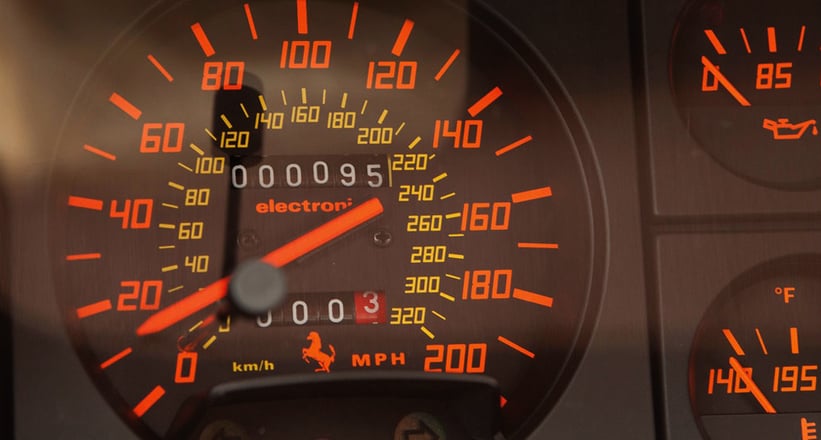
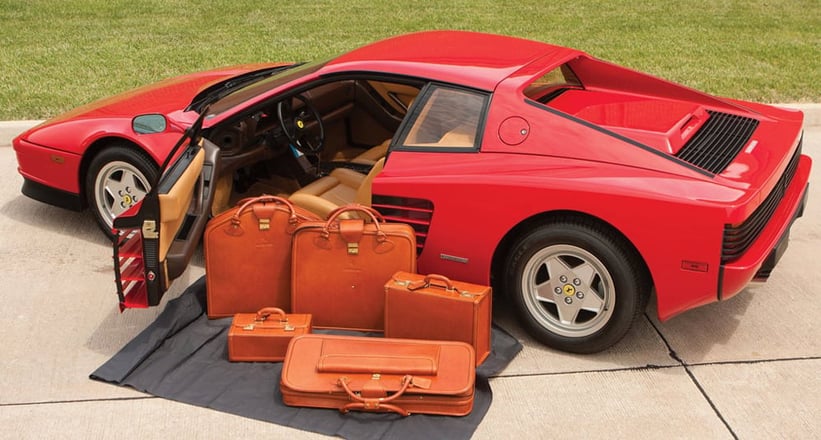
Lucas Hutchings of Image Automotive echoes Knight’s sentiments, as he regularly deals with ultra-low-mileage machines – and has even owned one himself. “I love the Ferrari 360 Challenge Stradale, and I bought one with 1,800 miles on the clock. I loved the romance of opening the door and smelling brand-new leather; the paintwork was original and untouched. But at the same time, I didn’t feel it was ‘fair’ to the car for me to put several thousand miles on it – it needed to go into a collection to be preserved for future generations. In an ideal world, I’d have had one very low-mileage example, with a sister car on which I could put as many miles as I liked in order to enjoy the delights of driving it.”
Time-warp treasure
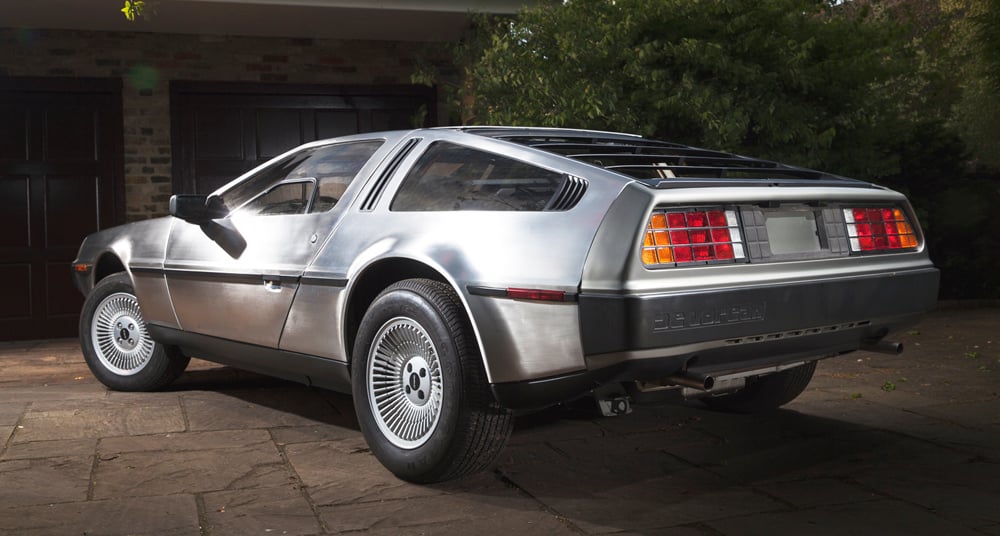
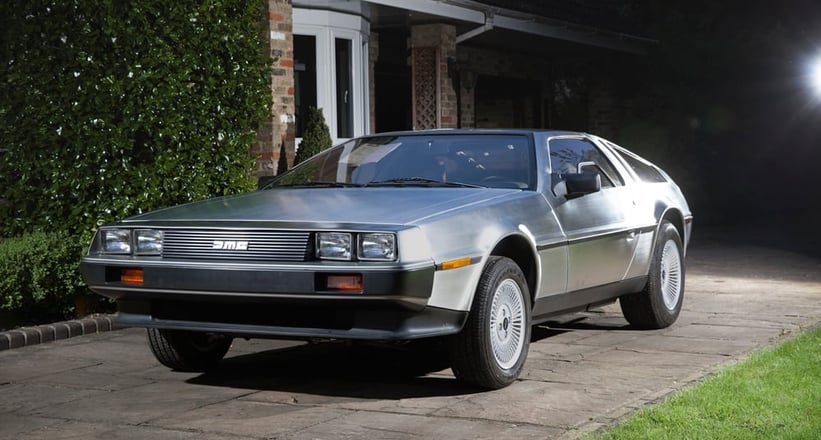
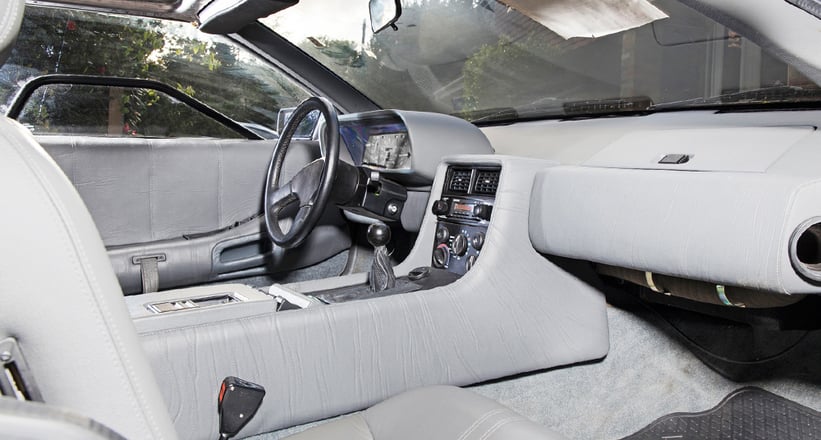
Perhaps the naysayers are right; if you’re planning to enjoy the car for its original purpose, you’re probably better off buying a cared-for and routinely-serviced example with commensurate mileage for its age – and saving yourself some cash in the process. But if you’d prefer to treat a car as an historical artifact, acting as a custodian for an increasingly rare specimen, a less-travelled classic might prove to pay dividends. Numbers of such cars can only fall, and interest in the phenomenon will only grow.
The sweet spot
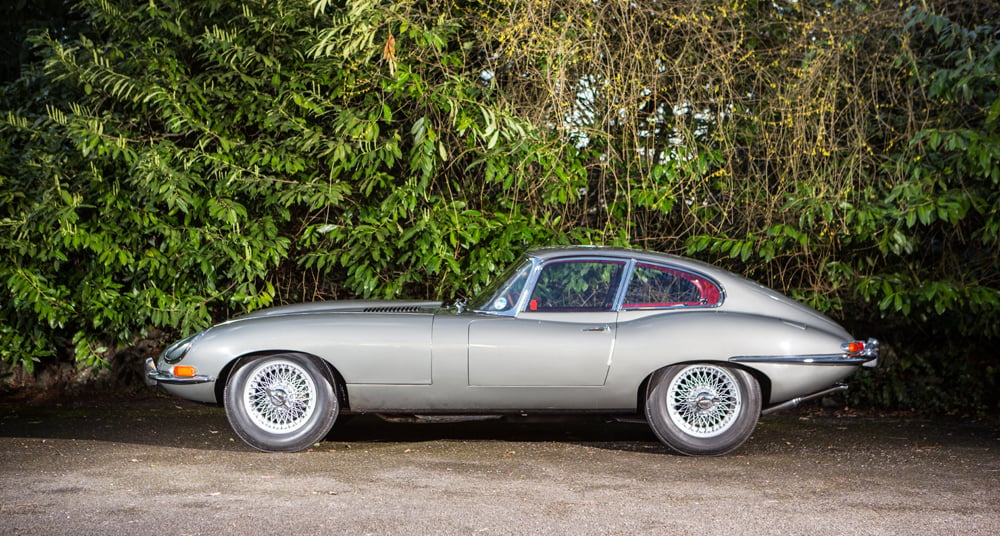
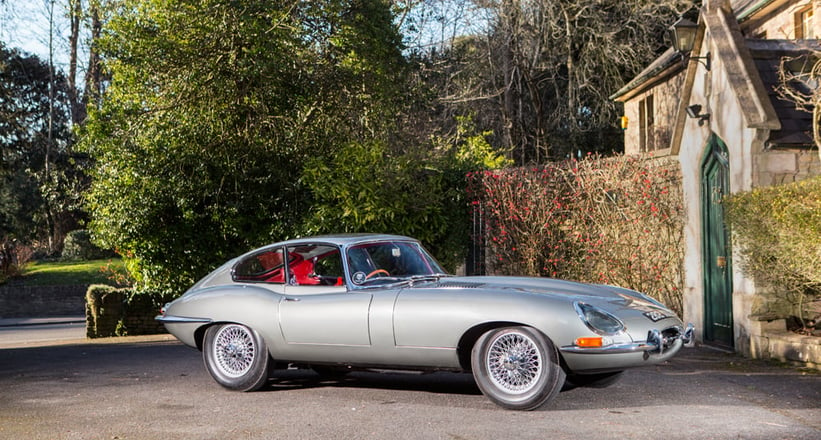
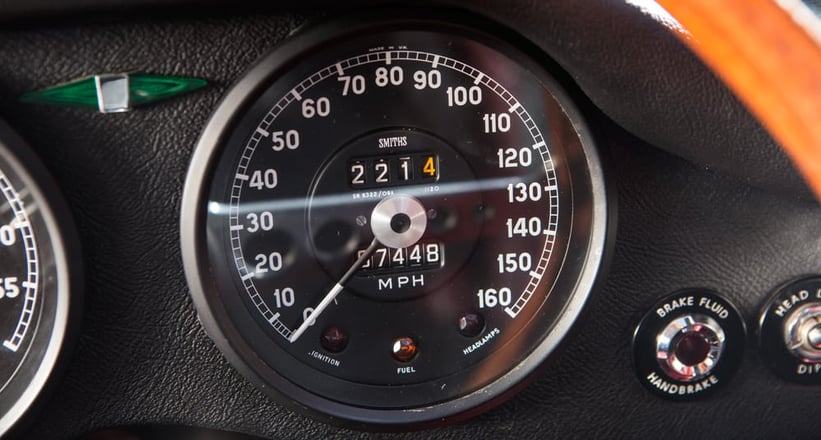
For those that want the best of both worlds, you’ll have the difficult task of finding a car in that undefined ‘sweet spot’. One of the Jaguar E-types at Bonhams’ forthcoming Festival of Speed sale might represent just that: a Series 1 coupé with around 7,500 miles on the clock, regularly serviced, appropriately stored, and completely original – right down to the old Castrol GTX stickers.

Photos: David Bush, Artcurial, Bonhams, Historics at Brooklands, RM Sotheby's

Aucun commentaire:
Enregistrer un commentaire